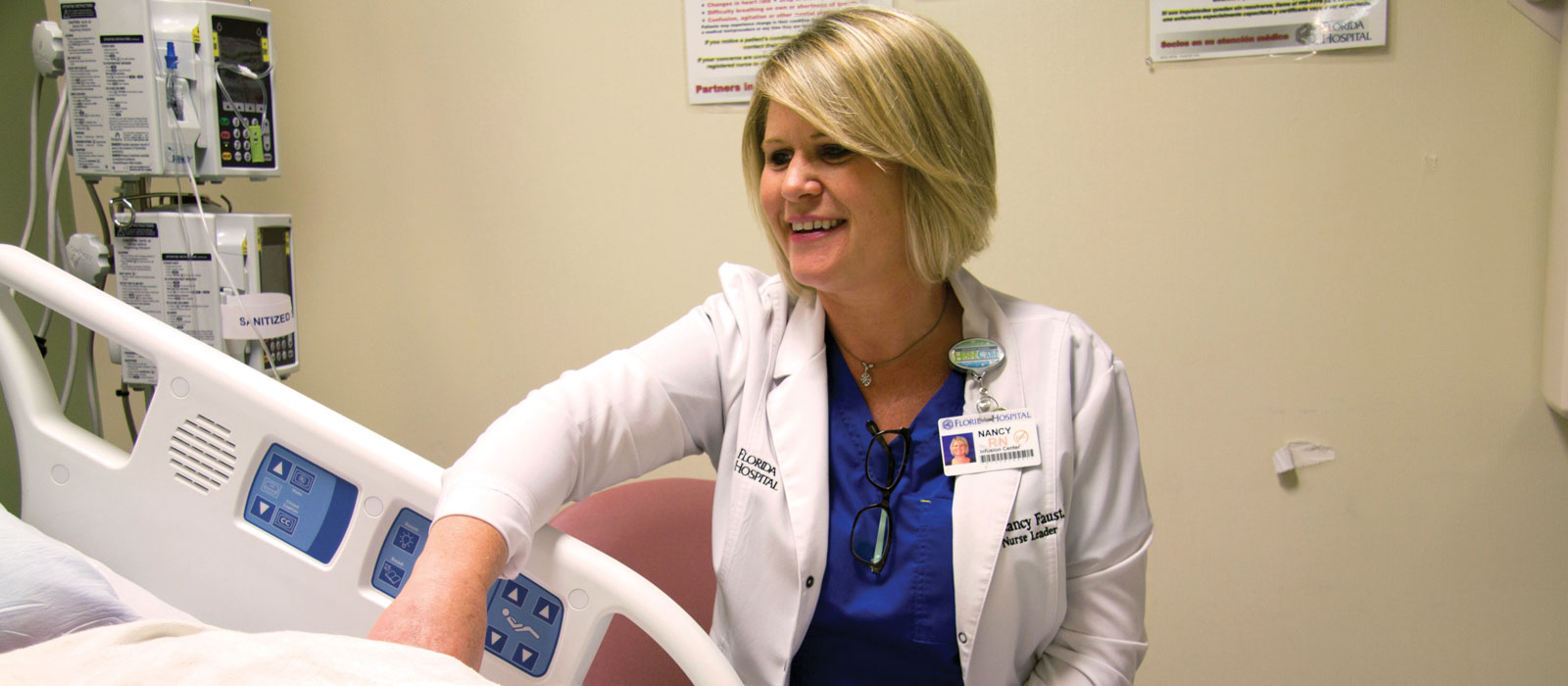The list of pharmacologic agents used in cancer care is expanding: chemotherapy, biotherapy, immunotherapy, targeted therapy, hormonal therapy, and now biosimilars. Part of being a nurse leader is recognizing trends in cancer care, changes on the horizon, and their impact on your patients and cancer treatment options. Biosimilars represent one such trend that affects providers’ approach to care and the education that oncology nurses must provide to patients and caregivers.
What Are Biosimilars?
Biosimilars are a group of drugs that can be developed to highly mimic other biologic agents used for various indications. Although biosimilars have slight composition differences compared to their reference products, none of those differences include efficacy or safety, mechanism of action, condition or approved indications, route of administration, or dose and strength.
Not all agents are created with living organisms, and consequently not all antineoplastics will have associated biosimilars. Biosimilar development is possible only when the reference product is a biologic comprised of a living natural source, such as monoclonal antibodies, vaccines, and cellular products. Biosimilars are recognized with a four-letter suffix following the generic name of its reference product.
U.S. Food and Drug Adminstration (FDA)-approved biosimilars in the antineoplastic setting to date are:
- Filgrastim-sndz for patients with chemotherapy-induced myelosuppression
- Bevacizumab-awwb for metastatic colorectal cancer, non-small cell lung cancer, glioblastoma, cervical cancer, or metastatic renal cancer
- Trastuzumab-dkst for patients with HER2-overexpressing breast or metastatic stomach cancer.
Biosimilars are a group of drugs that can be developed to highly mimic other biologic agents used for various indications.
The Question of Interchangability
Interchangeability means that a drug can be dispensed in place of the reference product without notifying the prescribing provider, similar to a generic conventional drug. At this point, no approved biosimilars have been granted interchangeable status, so a provider would have to specifically order a biosimilar if that is what is intended. For example, trastuzumab-dkst is an FDA-approved biosimilar of trastuzumab. However, it was not approved as an interchangeable agent. Therefore, a pharmacist can only dispense it if that is what the provider ordered.
What Oncology Nurses Need to Know
Patients receiving biosimilars and their caregivers will likely have questions and may even be apprehensive about the agents. Oncology nurses are in a key position to provide guidance and education.
In the case of interchangability, oncology nurses can help patients understand that they won’t be dispensed biosimilars unless this was the provider’s intention. However, as more biosimilars emerge, this may not always be the case, and we may see some agents be granted interchangeability status. Nurses should be aware of whether biosimilars are used in their practice facilities and if they expect to see them in practice.
Biosimilars provide cost-effective alternatives to frequently prescribed biologic agents. Given the frequent use of biologic agents and their significant impact on cost of cancer care, oncology nurses can expect to see more biosimilar approvals in the coming months, as several other biosimilar applications are currently under review. Staying abreast of these changes, biosimilars in development, and your institutions’ likelihood to begin prescribing these agents is critical. Make sure these conversations are occurring at your practice sites.






